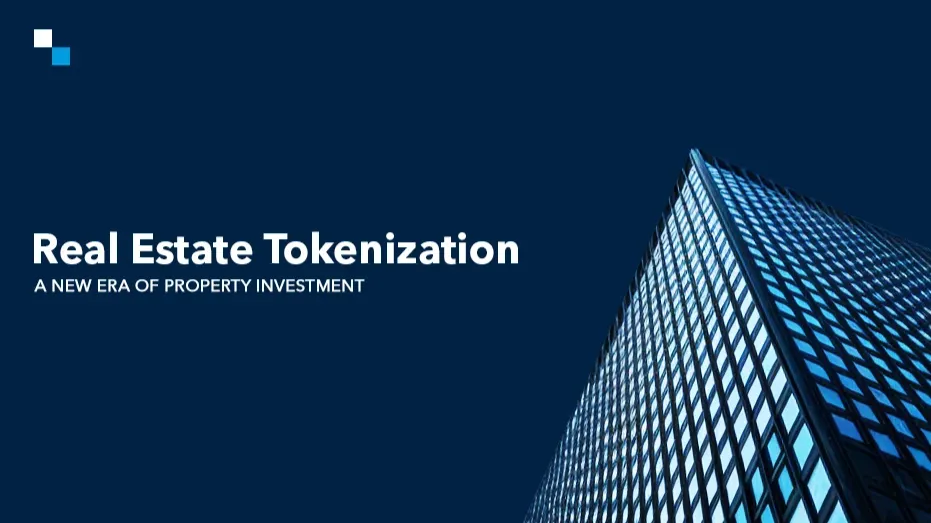Real Estate Tokenization: Democratizing India’s Largest Asset Class
Traditional investments often fall short for Indian savers. Bank deposits yield poor real returns, and while equities offer growth, they come with significant volatility and loss potential. Overlooked in this landscape, residential real estate has been a remarkably consistent performer.
The Undeniable Advantages of Real Estate Investment
Globally, since 2000, residential real estate in major emerging markets, including India, has shown high annual compounded growth. In India, between 2012 and 2022, housing prices appreciated 8.04% annually, significantly outpacing the 5.7% average inflation. This translates to over a 2% real rate of return from capital appreciation alone, with an additional 3% boost when rental income is factored in. Crucially, these investments are fully secured by tangible physical assets.
Regional performance highlights this trend: Kochi led with 9.94% annual returns, followed by Lucknow (9.11%) and Bengaluru (8.98%). Even metropolitan centers like Mumbai achieved a positive 6.71%. Grade-A properties in emerging locations often exceeded these averages. Historically, despite occasional stagnation, Indian residential real estate has rarely experienced significant downturns, making it one of the most stable investment options with minimal risk of loss.
The Exclusion of Retail Investors
Despite these compelling returns, most retail investors are locked out of meaningful participation. High entry costs, illiquidity, complex documentation, and ongoing property management are significant barriers. This exclusion is particularly unfortunate given the surge in investment awareness; Demat accounts exploded to 185.3 million in 2024, a 33% year-on-year increase, showing widespread eagerness for new investment avenues.
Residential real estate is India’s largest asset class, yet only around a million individuals participate in the housing market annually, compared to over 100 million in equities (direct or via mutual funds). Innovation is clearly needed to democratize this asset class.
Tokenization: The Transformative Solution
The tokenization of residential real estate offers a revolutionary path to broader participation. By converting property ownership into tradable digital tokens on secure blockchain networks, long-standing challenges can be overcome:
- Fractional Ownership: Properties can be digitally “split” into affordable tokens, allowing investors to participate with modest capital, much like buying shares.
- Enhanced Liquidity: Trading digital tokens bypasses the cumbersome process of buying or selling physical property, making entry and exit seamless and boosting asset liquidity enormously. This creates an ideal blend of safety, liquidity, and returns.
- Transparency and Security: Immutable blockchain ledgers ensure ownership records are unalterable and open to scrutiny, minimizing fraud risk and empowering fractional ownership through an “alternate marketplace.” Investors gain ease and confidence in their transactions.
Favorable Regulatory Environment
The regulatory landscape is becoming increasingly conducive. The Reserve Bank of India (RBI) is exploring asset tokenization, starting with government bonds, signaling a thoughtful integration of blockchain into the financial system. More recently, the International Financial Services Centre Authority (IFSCA) in Gift City, Gujarat, released a progressive regulatory approach document on ‘Real world asset tokenization’ for public comment.
With over half of India’s household savings already in residential real estate, tokenization can transform this static wealth into vibrant, transparent, and marketable securities accessible to all, not just the affluent. Residential real estate, being the largest asset class globally (surpassing stocks, bonds, or gold), offers attractive risk-adjusted returns, especially in uncertain economic times.
By attracting sticky, long-term capital from Indian household savings, tokenization can also address neglected segments of the market, such as rental housing, retirement homes, student housing, and holiday homes.
India’s Readiness and Future Outlook
Experts project real-world asset tokenization to reach $50 billion globally by 2025. With democratized technology and a shrinking digital divide, India is well-positioned to lead this transformation, mirroring the success of its digital payment initiatives. Following Niti Aayog’s promotion, digital transactions skyrocketed from 55 million in August 2017 to over 60 million by December that year, and India now leads the world in digital payments.
An optimal balance between innovation and investor protection is crucial. Core principles of disclosure, fairness, market integrity, and investor protection must be integrated into tokenized assets, just as they are in traditional securities markets. Residential real estate tokenization is more than just a new investment vehicle; it’s about multiplying investment options and democratizing access to an asset class that consistently delivers value, even to those with limited savings. It will also help bridge the gap between housing supply and demand. The time has come to carefully introduce this transformative product.


